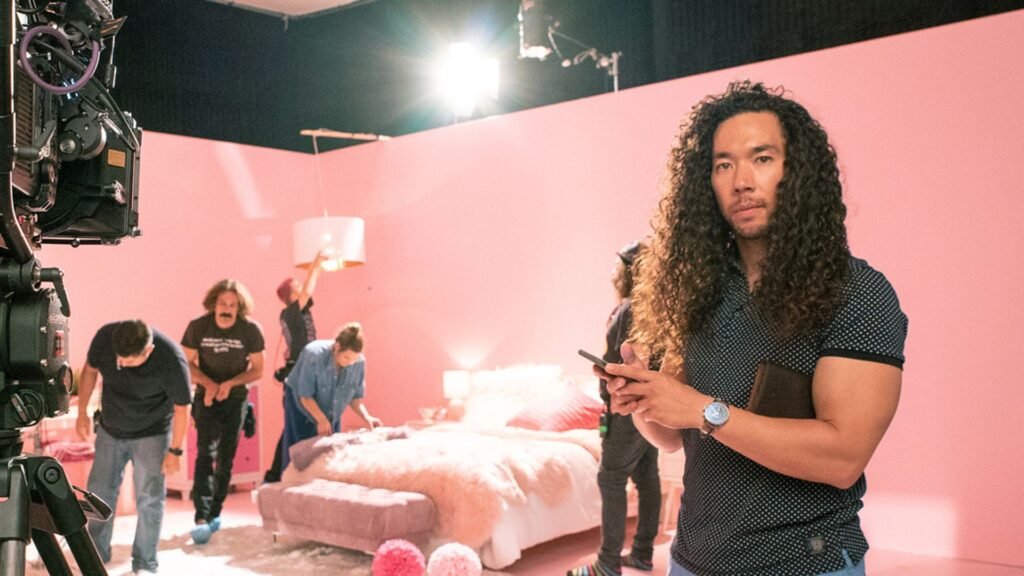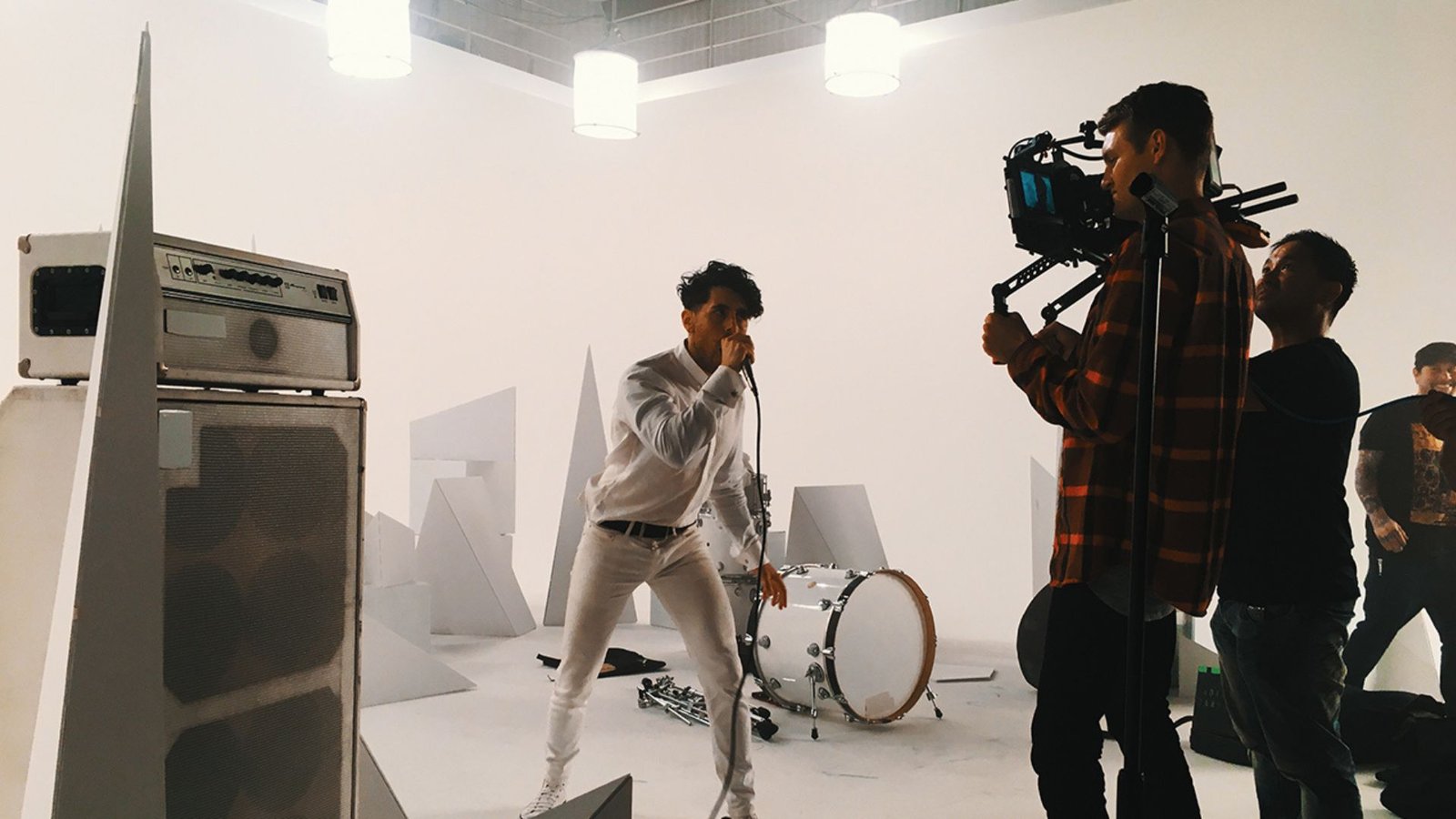How to Collaborate with Artists and Directors on Music Videos
Creating a successful music video requires effective collaboration between artists and directors. This partnership is crucial for achieving a shared vision and producing a compelling final product. Here’s a guide on how to foster a productive collaboration.

Establish Clear Communication
Open Dialogue
Start by setting up an open line of communication. Regular discussions help ensure everyone is on the same page regarding concepts, expectations, and timelines. Use tools like email, messaging apps, or project management software to facilitate ongoing communication.
Share Ideas
Encourage both artists and directors to share their ideas freely. Use brainstorming sessions to explore creative concepts, allowing everyone to contribute to the vision. This collaborative atmosphere fosters creativity and innovation.
Define Roles and Responsibilities
Clarify Expectations
Clearly outline the roles and responsibilities of each team member. Define who will handle various aspects of production, such as scripting, filming, editing, and marketing. This clarity helps avoid confusion and overlapping duties.
Create a Production Timeline
Develop a detailed timeline that includes key milestones, deadlines, and deliverables. This schedule keeps everyone accountable and helps track progress throughout the project.
Collaborate on the Concept
Joint Vision
Work together to develop the overall concept of the music video. Discuss themes, visuals, and stylistic elements that reflect the artist’s vision while aligning with the director’s creative approach. Consider creating mood boards or visual references to guide the process.
Incorporate Feedback
Encourage feedback from both sides throughout the creative process. Directors should remain open to the artist’s insights, and artists should be receptive to the director’s expertise. This mutual respect enhances collaboration.
Conduct Pre-Production Meetings
Detailed Planning
Hold pre-production meetings to finalize the details before filming begins. Discuss the shoot schedule, locations, equipment needs, and any special considerations. This planning ensures a smooth filming process and reduces the risk of last-minute issues.
Involve Key Personnel
Include key team members, such as producers and cinematographers, in these meetings. Their input can provide valuable insights and help streamline the production process.
Foster a Positive Working Environment
Build Relationships
Cultivate a positive and collaborative atmosphere during production. Encourage team bonding and mutual support among all members. This camaraderie can lead to more creative ideas and a smoother workflow.
Celebrate Milestones
Acknowledge and celebrate milestones achieved during the production process. Recognizing small wins fosters motivation and reinforces the collaborative spirit.
Maintain Flexibility
Adapt to Changes
Understand that creative projects often require adjustments. Be prepared to adapt to unexpected challenges or changes in the plan. Flexibility allows the team to navigate obstacles without losing sight of the final goal.
Embrace Creativity
Encourage spontaneity and creativity on set. Sometimes the best ideas come from unplanned moments, so remain open to new suggestions and directions.
Review and Revise
Regular Check-Ins
Schedule regular check-ins during production to assess progress and address any concerns. These meetings provide an opportunity for the team to realign and ensure everyone is still on track with the shared vision.
Edit Collaboratively
During the editing phase, involve both artists and directors in the review process. This collaboration ensures that the final product accurately reflects the artistic vision and meets everyone’s expectations.
Promote the Final Product Together
Joint Marketing Efforts
Once the music video is complete, collaborate on marketing strategies. Use both artists’ and directors’ social media platforms to promote the video. This joint effort maximizes exposure and engages a wider audience.
Host Viewing Events
Consider hosting a viewing event or online premiere to celebrate the release of the music video. This event can generate buzz and foster a sense of community among fans.
Conclusion
Collaborating with artists and directors on music videos requires clear communication, defined roles, and a positive working environment. By fostering mutual respect and flexibility, teams can create compelling visual stories that resonate with audiences. Ultimately, a successful collaboration not only enhances the quality of the music video but also strengthens the relationships among everyone involved.



